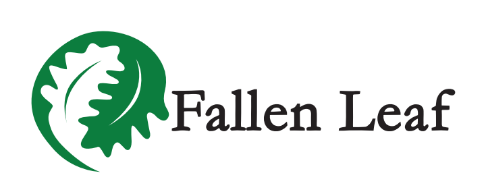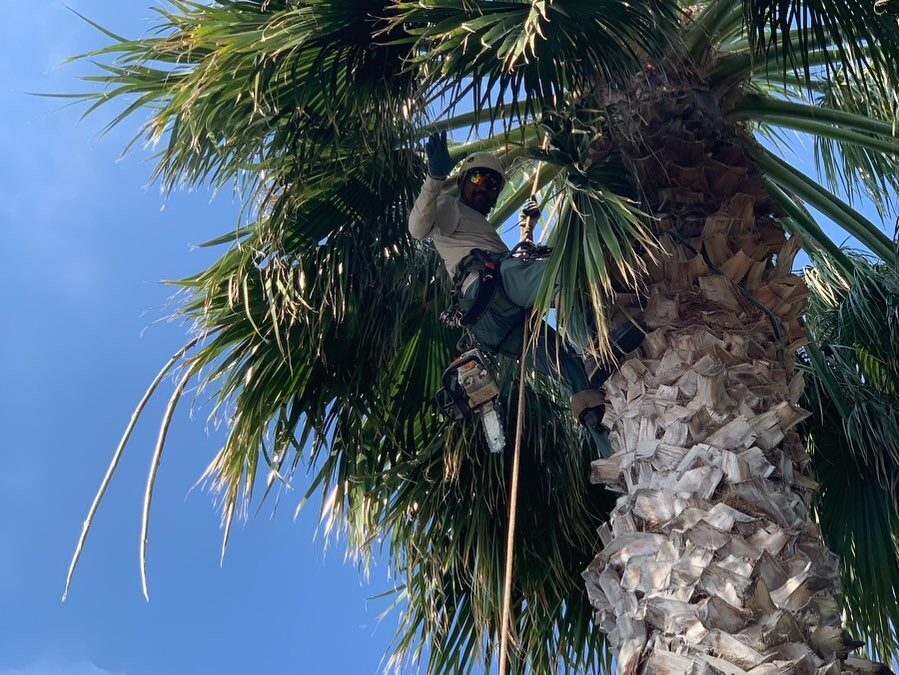Our highly efficient and disciplined approach to pruning tree branches is responsible for turning us into the number one plant and tree care service for residents and business owners in all our service areas. Our arborists are experts in removing lateral branches, treating dead branch collars, and executing challenging pruning cuts to tree branches in all conditions. If you’re looking for professional Sacramento tree removal by Fallen Leaf Tree, call our five-star customer hotline today, and we’ll give you a free consultation.
We believe that cleaning and disinfecting cutting tools after every job is proper pruning practice for arborists. According to studies by forestry professionals, over 25% of tree deaths in the United States come from previously unknown diseases and pests. Our arborists encounter fungal spores, leaf rust, and decay on their pruning jobs every week, and we would hate to pass that on as we do yardwork for our next customers.
In this article, our arborists will outline how you can cut your trees using sterile equipment to prevent the spread of tree diseases and new bugs taking residence in your yard. We will also explain the science behind the prevalence of harmful pathogens like fungi and tree viruses in residential and commercial lawns in our numerous service areas.
The Importance of Disinfecting Gardening and Pruning Equipment
Tree diseases come from fungi and bacteria that infect tree sap and hitch a ride on pruning shears. These potent pathogens can stay alive without access to water and nutrients for longer than you think. Viruses that kill trees and plants can spread from one yard to another if professionals neglect to sterilize their pruning tools after every job.
The sap from trees usually sticks to loppers, secateurs, chainsaw blades, and other pruning tools even after a wipe down. Some trees produce resin, a slick, oil-like substance that requires more effort to clean off. If we prune new trees using tools with surviving pathogens from a previous job, we could infect an entire garden or fruit plantation with a resilient disease, at which point there’s nothing we can do.
The most prevalent microorganism that spreads through unsanitary pruning practices is the Agrobacterium tumefaciens, which produces the disease arborists call crown gall. Crown gall causes plant cells to grow at aggressive rates, creating tumorous growths in stems and barks.
This invasive species of bacteria can survive without access to water and nutrients for many years. We usually see it on flowering and fruit-bearing trees like peach, pear, cherry, and apple. Other diseases like Valsa canker and fire blight also spread through infected pruning tools, invading the vascular system of thousands of trees in Sacramento.
How To Disinfect Your Cleaning Tools
Solutions with at least a 70% isopropyl or ethyl alcohol volume are the best disinfectants for pruning tools. Our technicians and arborists also use methylated spirits with a 95% alcohol volume. We buy it wholesale from paint suppliers and hardware stores in California.
You can create a homemade disinfectant solution by mixing 750 milliliters of alcohol with 250 milliliters of water. Dip your pruning tools in the solution for at least 30 seconds before putting them back in your kit. You can also spray the solution on your blades and wipe them down before pruning tree branches again.
We don’t recommend bleach for cleaning gardening tools as it oxidizes metals, causing rust, erosion, and pitting.
Call a Tree Care Service That Cleans Its Equipment After Every Job
Equipment disinfection is a maintenance procedure that many DIYers neglect when pruning tree branches. At Fallen Leaf Tree, we believe it should be standard practice for everyone in the industry. Learn the art of tree pruning with clean tools by calling us today at 916-447-8733 and asking for a free consultation.

